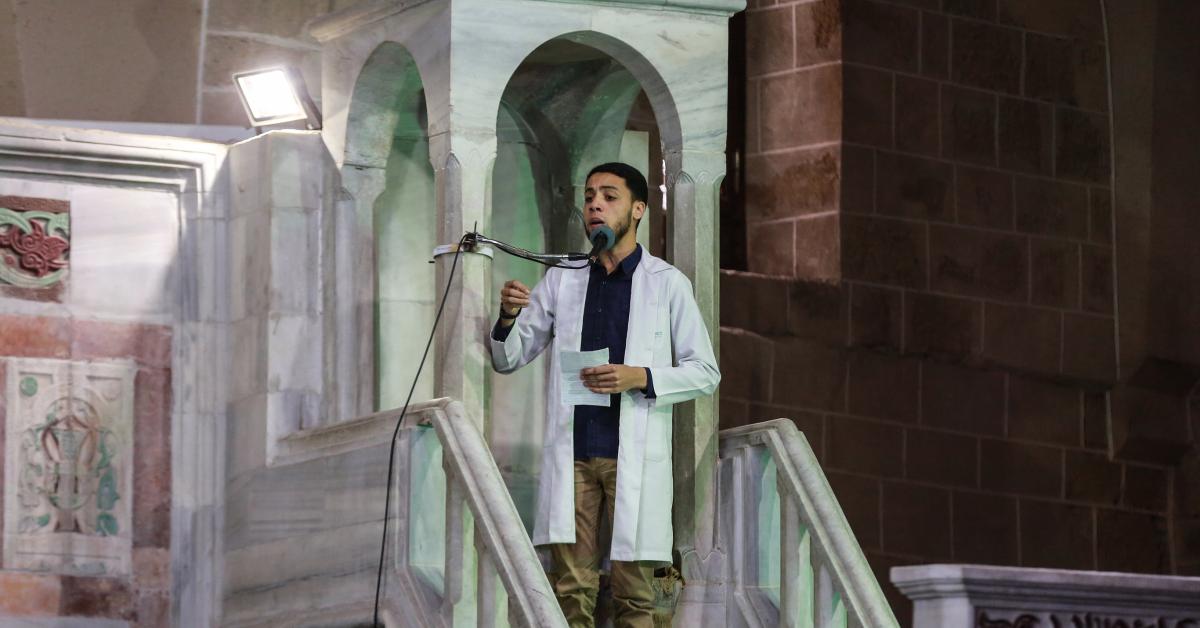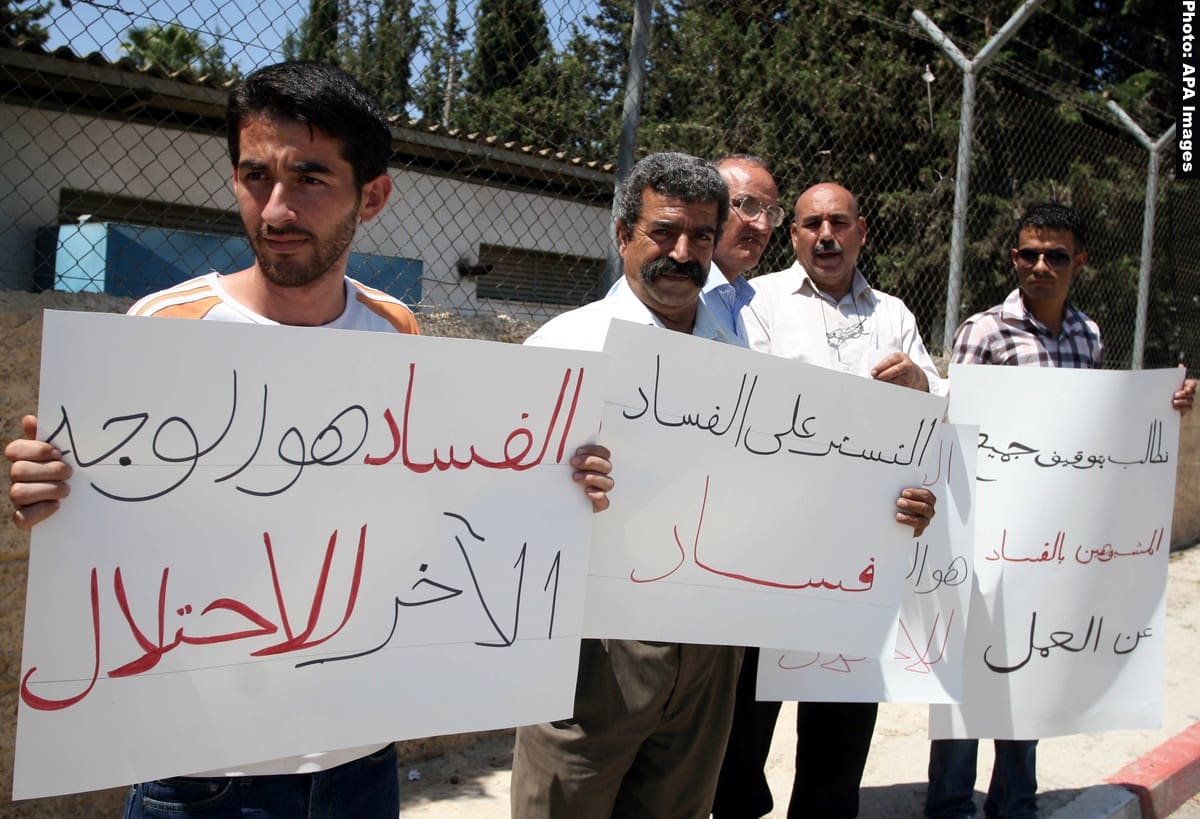You know the above doesn't establish statehood. Did you read it? You didn't understand, right?Title: This Order may be cited as "The Palestine Order in Council, 1922."You have not established anything.OK, we have established that:RE: Who Are The Palestinians? Part 2
⁜→ P F Tinmore, et al,
BLUF: I'm not "misleading" even one little bit. You're just having trouble accepting the historical record.
Yes, the Hostile Arab Palestinians want to achieve control over all the former territory under the Mandate and west of the Jordan River.(REFERENCES)You are misleading. The Mandate had no sovereignty, no territory, and no borders.
It is Palestine.
I am citing the 1932 Report because there were some boundary adjustments being made.Report • Administration of Palestine and Trans-Jordan • For the Year 1932 said:Palestine lies on the western edge of the continent of Asia between latitude 30° N. and 33° N., Longitude 34° 30 E. and 35° 30' E.
On the south it is bounded by Egyptian and Saudi Arabian territory, on the east by Trans-Jordan, on the north by the French Mandated Territories of Syria and the Lebanon, and on the west by the Mediterranean.
See the Report for more defined detail.
One of these villages consists of 500 dunums of land containing the mineral springs of El Hamme and some few huts and tents occupied by cultivators from a neighbouring settlement in Trans-Jordan. This area was taken over from Trans-Jordan on the ratification of the Agreement between His Majesty's Government and His Highness the Amir of Trans-Jordan and in virtue of Article 2 of that Agreement whereby the boundary between the two countries was declared to be the median line of the Yarmuk River in the area in question.In the course of this adjustment, it was discovered that a part of the lands of the Syrian frontier village Kafr Harib lay within the territory of Palestine, and this part was consequently included in the tithe lists of the Palestine Government. This is the second of the "villages" in question.(COMMENT)Palestine Order in Coucil 1922 said:Title: This Order may be cited as "The Palestine Order in Council, 1922."
The limits of this Order are the territories to which the Mandate forPalestine applies, hereinafter described as Palestine.
You are one-third correct. None of the Mandatory Powers went about establishing sovereignty over the territories under administration. However: That did not alter the fact that the Mandatory Power, under the auspices of the League of Nations, established a Government through a Civil Administration. There were very distinct boundaries and territories involved.
On the matter of Sovereignty:
◈ The Mandatory was granted full powers of legislation and of administration.◈ The Mandatory was responsible for placing the country under such political, administrative and economic conditions as will secure the establishment of the Jewish national home.◈ The Mandatory was to encourage local autonomy.◈ The Mandatory shall defend the integrity of the territory such that no Palestine territory shall be ceded or leased to, or in any way placed under the control of, the Government of any foreign Power.◈ The Administration of Palestine shall be responsible for enacting a nationality law.◈ The Mandatory shall be responsible for seeing that the judicial system established in Palestine shall assure to foreigners, as well as to natives, a complete guarantee of their rights.
(IMPORTANT ASPECT)
Not only did the UK Civil Administration over the Government of Palestine have effective control over the Executive, Legislative and Judicial systems, but it also had all the responsibilities over diplomatic efforts, economic stimulus and monetary controls, as well as national defense matters. Remembering that the Arab Higher Committee categorically rejected and abandoned all advisory council influence (5:2 Advantage) in the establishment of frameworks Arab Self-Governance.
I'm having a hard time distinguishing any significant difference you can raise between the powers vested in the UK Civil Administration over the Government of Palestine and any other sovereign nation.
So I ask! Who (here) is spreading misinformation?

Most Respectfully,
R
Links on request.
- Palestine is the name of the country.
- Palestine has defined boundaries.
- The Palestinians are the natives.
- The Palestinians are the citizens of Palestine.
- The Palestinians, in Palestine, have the right to self determination without external interference, the right to independence and sovereignty, and the right to territorial integrity.
- The Mandatory must act in the best interest of the natives.
- The Mandatory must render administrative assistance and advice to bring Palestine to independence.
- The Mandatory did not acquire sovereignty over the territory.
Lets start with 1.
Link?
The limits of this Order are the territories to which the Mandate for Palestine applies, hereinafter described as Palestine.

Who Are The Palestinians? Part 2
RE: Who Are The Palestinians? Part 2 ⁜→ P F Tinmore, et al, BLUF: Disengagement from the West Bank • Finally, on July 31 King Hussein announced the severance of all administrative and legal ties with the occupied West Bank. Accordingly, electoral districts were redrawn to represent East...www.usmessageboard.com
Copy and paste your usual nonsense about the Treaty of Lausanne inventing your imagined "country of Pally'land".





